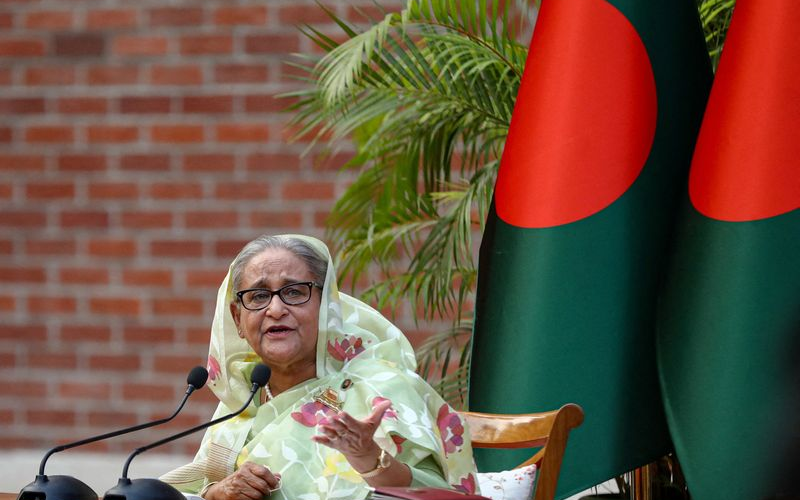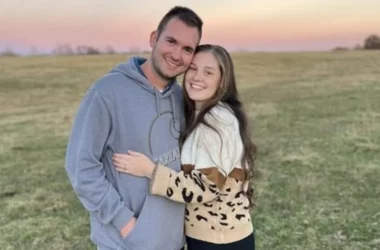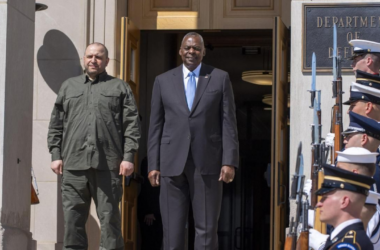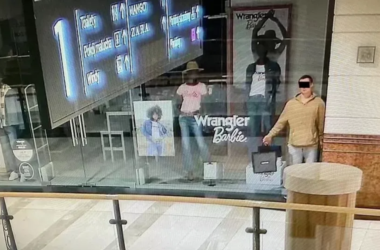Thousands of protesters gathered in central Dhaka on Sunday, demanding the resignation of Prime Minister Sheikh Hasina, following a deadly police crackdown on earlier demonstrations. The mass protests, which have drawn support from a wide cross-section of Bangladeshi society, mark a significant challenge to Hasina’s 15-year rule.
The demonstrations, initially sparked by dissatisfaction with civil service job quotas, have evolved into a broader anti-government movement. Asif Mahmud, a key leader of the civil disobedience campaign, called on supporters to prepare for a struggle to “liberate Bangladesh.” His call to action was echoed by widespread unrest, with protesters arming themselves with bamboo sticks and gathering in large numbers across the capital.
Amidst the growing tension, the role of the military has come under scrutiny. While the army had previously stepped in to restore order during the July protests that claimed over 200 lives, the recent involvement of former military officers in the protests has raised questions about the army’s stance. General Ikbal Karim Bhuiyan, a former army chief, symbolically turned his Facebook profile picture red in support of the movement.
Current army chief Waker-uz-Zaman addressed military officers on Saturday, reaffirming the army’s historical role as a trusted institution of the people. “The Bangladesh Army is the symbol of trust of the people,” he stated. “It always stood by the people and will do so for the sake of people and in any need of the state.” While the army’s statement did not explicitly endorse the protests, it has fueled speculation about the military’s position in the unfolding crisis.
The protests have gained momentum, with rallies spreading nationwide and drawing participants from all walks of life, including celebrities and artists. The movement’s growth has been fueled by a desire for greater freedom and opposition to what many see as an increasingly authoritarian government. “It is no longer about job quotas,” said Sakhawat, a young protester in Dhaka. “What we want is that our next generation can live freely in the country.”
As the protests intensify, the ruling Awami League has called for counter-protests, urging supporters to demonstrate their loyalty to the government. Despite these calls, the atmosphere in Dhaka remains tense, with the city’s streets largely empty as protesters prepare for another day of mass demonstrations.
The Students Against Discrimination group, which has been at the forefront of the protests, has called for nationwide rallies and urged citizens to stop paying taxes and utility bills to increase pressure on the government. They have also encouraged strikes in the country’s vital garment industry, aiming to cripple the economy and force the government to respond to their demands.
Prime Minister Hasina, who has led Bangladesh since 2009, faces mounting pressure as the protests show no signs of abating. Accused by rights groups of using state institutions to suppress dissent, Hasina’s government now confronts a widespread movement that threatens to destabilize her administration. With tensions high and the future uncertain, Bangladesh stands at a crossroads, with the potential for significant political upheaval in the coming days.








